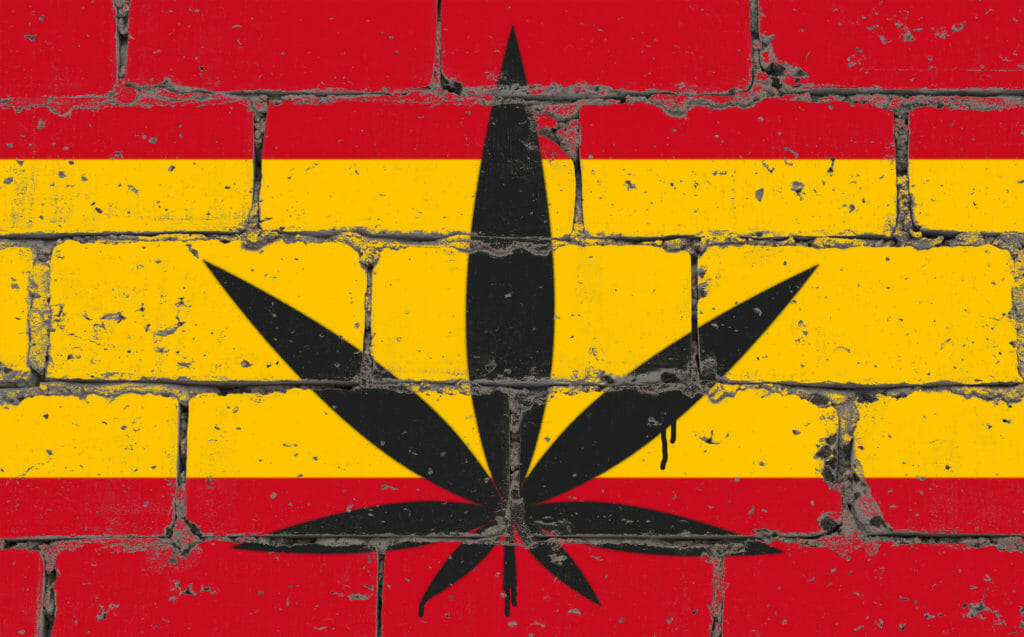The enactment of the 2018 Farm Bill and the legalization of hemp and hemp derivatives, including cannabidiol (“CBD”), has led to a massive CBD craze in the United States. The highly coveted cannabinoid is infused with everything: bath bombs, dog treats and even workout clothes (yes, workout clothes!). According to a recent study by Cowen, the sales of these products are expected to reach $16 billion by 2025.
Thanks to globalization, this sudden boom is not contained within the U.S. borders. Europe has also experienced a huge uptick in the sales of these products, which are expected to reach nearly $1.7 billion by 2023.
In light of this global expansion and the desire of many of our clients to export their hemp and hemp-derived CBD (“Hemp CBD”) products to Europe, we are presenting a mini-series that briefly analyzes how certain European countries treat hemp and the sale and marketing of hemp-derived CBD. In the second post of these series, we now turn our attention to Spain, whose legal framework is closely intertwined with that of the European Union (EU). (Our first post, on Great Britain, can be found here.)
Spain has a long history of hemp production. It is said that the sails of Columbus’ caravels were made from hemp and there is even a small town in Castile named after the crop (Santa Cruz de los Cáñamos).
Hemp
Industrial hemp production is legal in Spain. While cannabis is considered a drug under Spanish law, there is a carve-out for cannabis grown for fiber and seed. No special authorization is required.
Spanish law authorizes 25 cannabis strains for hemp production, all of which produce no more than 0.2% THC. These strains are included in the European Commission’s (EC) catalog, which we mentioned in our recent post on Hemp CBD in the UK.
Hemp CBD Products
In order to grow cannabis for purposes other than industrial hemp production, a license must be obtained from AEMPS (Spain’s medicines regulatory authority). This includes any hemp grown for the purpose of extracting CBD.
Currently, licenses are only granted for research or medical/scientific purposes. The strains to be grown must be included in the EC catalog.
According to AEMPS, ten licenses have been granted so far. Six of these are for research purposes and the rest are for medical and scientific purposes. Of the latter set of licenses, two explicitly allow for export of the cultivated cannabis.
Licensees must file an annual report with AEMPS.
Hemp CBD Foods
CBD extracts are considered novel foods by the EU, meaning that they must be tested by the European Food Safety Authority (EFSA) before being authorized. See our post Exporting CBD Food Just Got Harder for more information on this “novel” process.
Hemp CBD Cosmetics
European Commission regulations prohibit the use of cannabis in cosmetics.
Hemp CBD Vape Products
Vaping devices are legal in Spain, but Spanish law does impose some requirements on makers and importers.
Some of Spain’s autonomous communities have enacted additional regulations within their areas of competence. For instance, Catalonia bans devices in public health facilities.
Hemp CBD Pet Foods and Products
CBD products are subject to EU legislation on pet food. Additives can only be used if they are authorized by the EFSA and included in the EU Register of Feed Additives.
As recently as June 2019, the European Commission has removed CBD-based products from its Feed Materials Register.
























